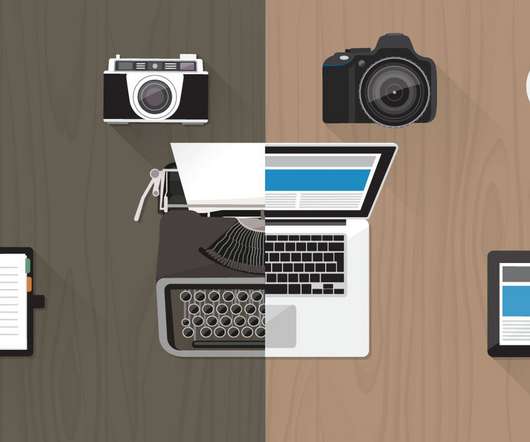It’s 2020: Have Digital Learning Innovations Trends Changed?
Edsurge
FEBRUARY 27, 2020
The primary trends identified by the team were: adaptive learning, open education resources (OER), gamification and game-based learning, MOOCs, LMS and interoperability, mobile devices, and design. We need to move.to Dr. Tanya Joosten Kate Lee-McCarthy, OLC, and Dr. Justin T.
















Let's personalize your content